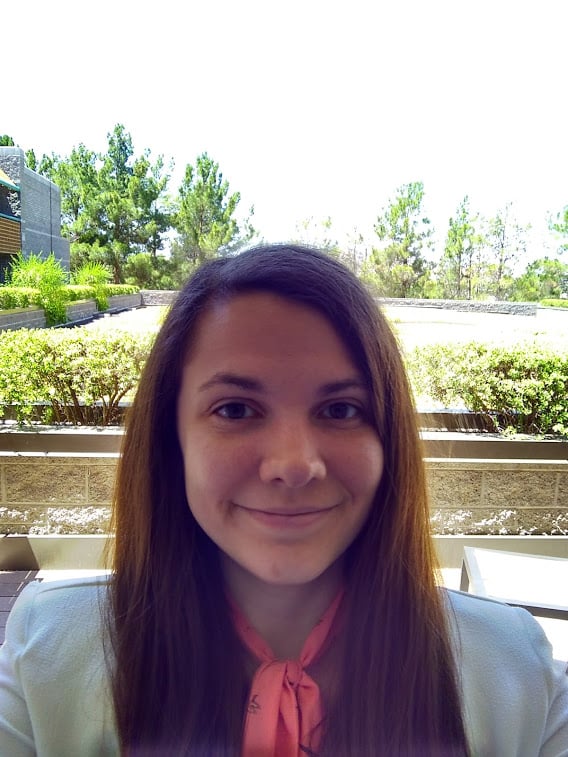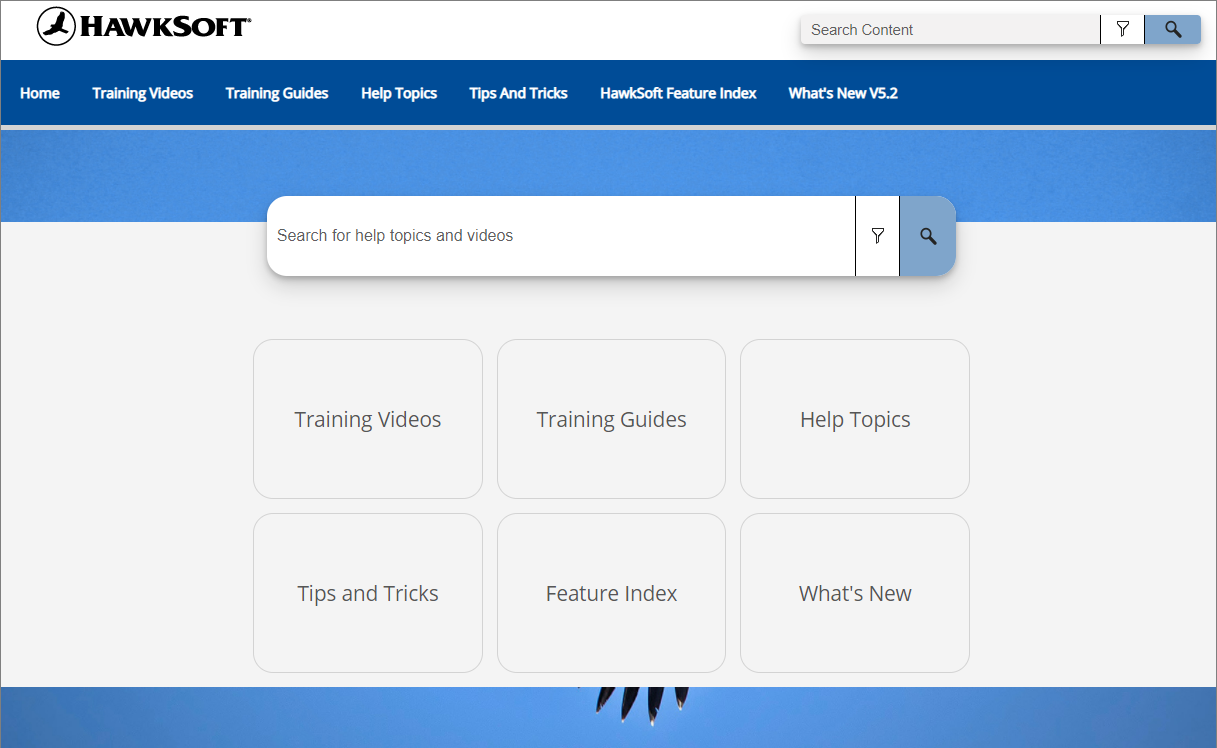As part of its meeting in Savannah, GA, at the end of January, the Big I held its first-ever InsurTech Summit. The event included two enlightening panels on insurance technology and where it’s headed, including thought leaders representing each part of the ecosystem (independent agencies, carriers, and technology providers). Here are some of our favorite takeaways from these sessions on how technology is evolving in the insurance industry and what agencies can do to successfully implement it.
Panel 1: "Demystifying InsurTech"
- Chris Cline (Executive Director, ACT)
- Adam Kiefer (CEO & Cofounder, Talage)
- Jason Walker (President, Agency Revolution)
- Lou Moran (President, Inter-Agency Insurance Services; Chairman of Big I Insurtech Task Force)
Panel 2: "We're Just Getting Started: The Future of InsurTech in the IA Channel"
- Jay Eshelman (President of Small Business, Personal Lines, & Affinity, Gallagher)
- Bill Devine (Senior Vice President, Travelers)
- Reid Holzworth (CEO, IVANS)
- Jason Liu (CEO, Zywave)
In this article:
- How is technology evolving in the insurance industry?
- What can agencies do to become better adopters of technology?
- How should agencies measure success with new technology?
How is technology evolving in the insurance industry?
Adam Kiefer (Talage) mentioned that the industry has entered a new phase of technological evolution, which he jokingly referred to as being similar to the phases in the Marvel universe. While the first phase of insurtech innovation in the industry came out in more direct competition with the IA channel, he noted that in the more recent phases, new tech companies are now focusing on assisting rather than competing with independent agencies. “I think collaboration and integration across the different platforms is where things are headed,” he observed. “Tech companies are seeing that the agents are really critical to the channel, and are bringing tools to them.”

Like the Avengers, tech companies are now working alongside independent agencies rather than competing against them
When asked where they see the most technological progress, panelists touched on several areas. Adam pointed out that advances to automate the submission process for small commercial have made it a far more profitable line of business for independent agencies than it was historically. Jason Walker (Agency Revolution) observed that now that many of the transactional processes have been automated, the next area of focus is helping agencies retain and grow their book of business.
Lou Moran (Inter-Agency Insurance Services) spoke to the opportunities for personalization, allowing agencies to customize the experience for customers depending on their behaviors and needs. Chris Cline (ACT) emphasized the importance of data transmission between systems to eliminate multiple entry of data for agents, which will “let humans focus on the human relationships, not data entry.”
Emerging technology
The panel touched on new emerging technologies such as AI applications like ChatGPT and predictive analytics. While there can be a fear of cutting edge technology “taking jobs” from independent agents (as in many other industries), Bill Devine (Travelers) pointed out that “tools are only as good as the data they use. We are the ones who have to provide that data. Technology only works if we let it work—if we enable it and empower it. The conversation should be about where these technologies should exist in our industry and how they can make us better.”
“Tools are only as good as the data they use. We are the ones who have to provide that data. Technology only works if we let it work—if we enable it and empower it. The conversation should be about where these technologies should exist in our industry and how they can make us better.”
Bill Devine, Travelers
The second panel reiterated that technology still has many limits in the IA channel. For example, Jason Liu (Zywave) pointed out that there’s a lot happening to automate the quoting process, “but in the end binding still has to be done by real agents.” Bill agreed that “digital disruptors thrive on high-profit opportunities that can be easily standardized. It’s a lot more difficult with something as complex and individualized as insurance. Leaning into the industry instead of disrupting the industry is the more sensible play to actually be profitable and help us all be better.”
Jay Eshelman (Gallagher) pointed out that even when direct insurers make use of these technologies, “the things that can be automated are the most simple, one-off policies. It’s not account-based. For bigger lines like home and commercial, people still want the assurance from real people that everything’s being covered.”
Agency management & policy administration systems
HawkSoft was interested to hear the panel’s thoughts on how agency management systems are evolving. Jason Liu pointed out 3 areas where management systems must evolve to stay competition: modularization, connectivity/integration, and cost effectiveness. “Historically, the AMS was thought of as the only system you needed,” he says, “but now there are at least 12 major functions agencies expect them to perform. The pieces need to be modularized into separate components that can be considered and improved independently of each other.”
Jay Eshelman agreed from the agency point of view. “We want to use Insurtech tools, but in the beginning we couldn’t get them integrated with our AMS. Insurtechs have gotten the message and are easier to connect now, so you don’t have to build those custom connections. I think it’s headed in the right direction.”
Reid Holzworth (IVANS) agreed that people don’t always want to use every component of one system, and would rather integrate more specialized tools. “The ‘one perfect system’ we all want is really a perfect ecosystem made of many systems,” he says. “Everyone should be able to choose what their own perfect system is, and connect the components that they choose.” HawkSoft couldn’t agree more, which is why we offer API integration with a number of vetted partners, allowing agencies to choose exactly when, where, and how to use their data.
Bill Devine echoed the same sentiment on the carrier side. “We also want better integration and compartmentalization. We want it to be easier to pick and choose the tools you want to integrate. How we put the pieces together is where the real value is created.”
“The ‘one perfect system’ we all want is really a perfect ecosystem made of many systems,” he says. “Everyone should be able to choose what their own perfect system is, and connect the components that they choose.”
Reid Holzworth, IVANS
What can agencies do to become better adopters of technology?
As most agency owners know, staff can be averse to changes in tools, technology, and processes. “It is a cultural change and it is hard,” Lou admitted, “but the benefits far outweigh staying stagnant. Otherwise we’ll disappear like the dinosaurs.”
So what can agencies do on their end to make smooth and successful transitions from legacy processes to new systems and tools? The panel had several suggestions.
 Don't be a dinosaur: bring your agency into the digital age with modern technology
Don't be a dinosaur: bring your agency into the digital age with modern technology
Find solutions that make sense
Reid pointed out that before jumping into buying a new tool, the agency should make sure it’s not something their current technology can already do that they might be unaware of or underutilizing. “A lot of people go out to get shiny new tools when they aren’t making good use of what they already have,” he says. Chris also emphasized the importance of making sure that a potential new tool doesn’t just look good on paper, but actually plays well with the rest of the agency’s current technology stack.
Focus on the people & processes
Jason Walker highlighted the importance of including representatives from each position in the agency in the discussions on new technology from the beginning so that they can bring up any issues with implementation and feel aware and included in the process.
Chris pointed out that “the people and processes that support the technology are just as important as the technology.” He explained that even if the technology works perfectly, it won’t be effective unless people and processes are properly supporting it. Make sure that the correct people in the agency are using the tool, and that incoming notifications are being seen and addressed by the correct party. Roles should be clearly outlined and communicated to staff.
“The people and processes that support the technology are just as important as the technology.”
Chris Cline, ACT
Start with quick wins
Lou suggested starting by identifying quick wins—areas where the new technology can make the biggest difference with the least amount of effort. This helps staff experience success immediately, building trust and confidence in the tool before tackling more complex issues.
How should agencies measure success with new technology?
The panel was asked how they consider the ROI for new technology tools, and many agreed that ROI for technology can be hard to quantify in dollars. “Don’t concentrate only on numbers,” Lou recommends. “ROI is about growing your agency without growing expenses. Think about it in simple terms: is your production increasing without staff increasing?”
Jason Walker suggested thinking about it in terms of time savings. How much time are you saving on a process? How many times is that process performed in a month? How much does that time “cost” in terms of paying staff?
Jay added that quality of life for staff is another important indicator for success. If your staff is able to spend more time on the areas of the job they enjoy, rather than routine administrative tasks, that should be considered a success as well.
Bill observed that that ROI of a tool isn’t always immediate, but that shouldn’t stop an agency from making a worthy investment in their future. “We should shift the mindset from return on each investment to return on equity over the next several years,” he says. “Are we solving the right problem? Is this making our company better? Rather than asking if a specific tool brings in more money, ask if your investments are helping you get your business where you want to be.”
“We should shift the mindset from return on each investment to return on equity over the next several years. Are we solving the right problem? Is this making our company better? Rather than asking if a specific tool brings in more money, ask if your investments are helping you get your business where you want to be.”
Bill Devine, Travelers
Creating a brighter future for InsurTech
When asked about what the future holds for Insurtech in the coming years, the panel expressed excitement for a future that enables better data connectivity between carriers and agents, deeper understanding of the client through AI, and more streamlined tools for independent agents.
While they acknowledged that the first-ever InsurTech Summit was just the first step toward opening the door deeper collaboration between carriers, vendors, and independent agencies, Bill says “this was about starting a dialogue so that we can all better understand what each of us is investing us, what each of us needs, and how to collaborate. Many of us compete against each other in the marketplace. But we can also come together and cooperate on common problems.”
He pointed out that collaboration across touchpoints in the industry is more crucial than ever, noting that carriers and technology providers and agencies have each spent millions of dollars on siloed solutions that weren’t adopted successfully across the supply chain. “We need to partner together to solve things collectively,” he says. “Because we can’t keep wasting millions. There isn’t that level of margin in the industry. These investments need to be actually making us collectively better.”







